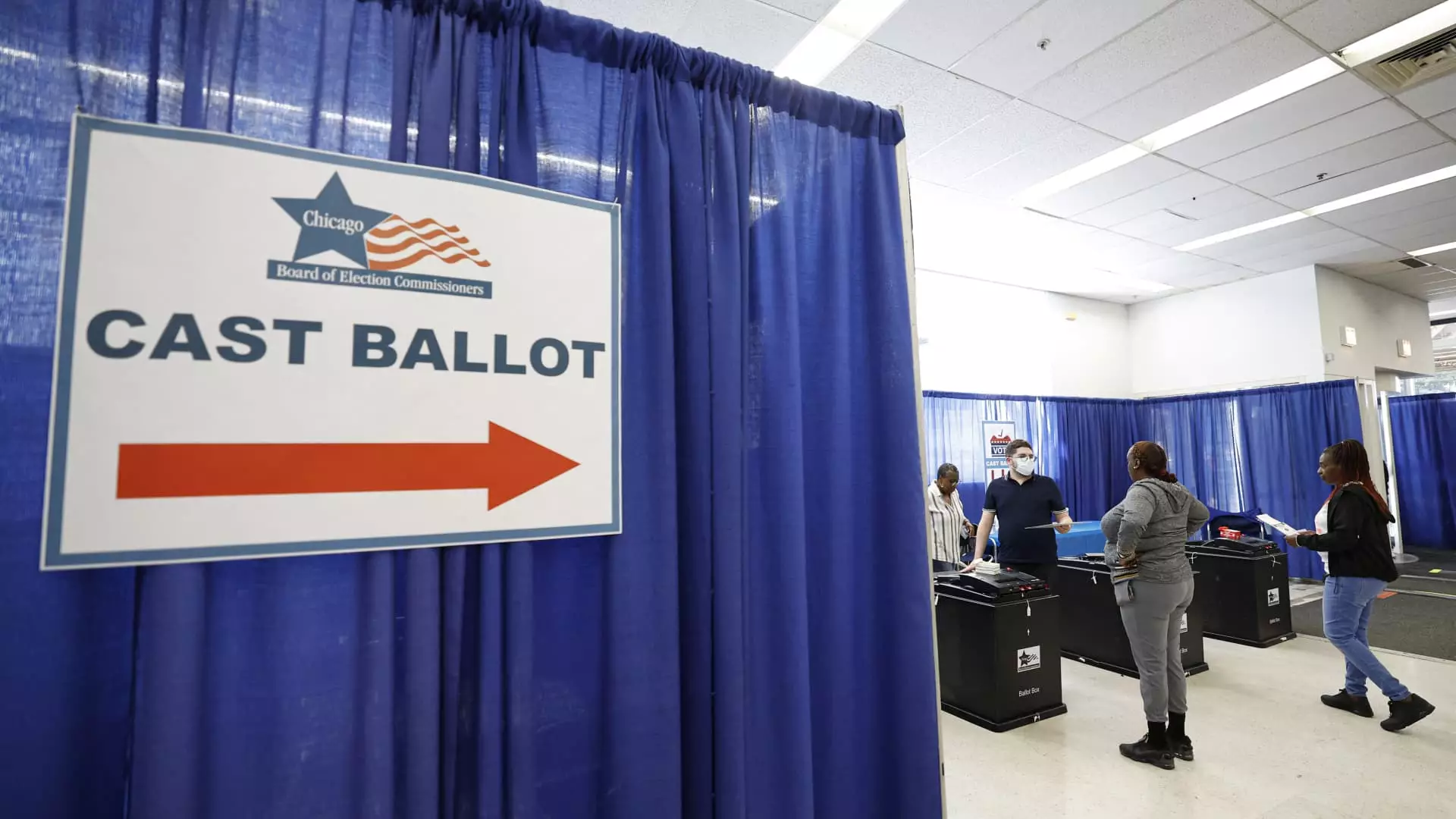In American culture, conversations surrounding personal finances often evoke discomfort—more so than discussions about political preferences or even intimate subjects like sexual relationships. This prevailing hesitance is highlighted by a recent survey from U.S. Bank, which involved 3,500 participants, revealing a clear trend: many individuals would rather keep their financial realities private. To illustrate this point further, Wells Fargo conducted its own investigation with 3,403 adults and discovered that discussing personal finances ranks among the most formidable barriers in communication, comparable to discussions about sex.
This aversion to discussing money stems from deeper emotional entanglements. Financial distress, concerns about wealth accumulation, and uncertain futures intertwine to create a complex emotional landscape for many individuals seeking financial stability. As Preston Cherry, a certified financial planner and founder of Concurrent Financial Planning, states, “Money is a deeply personal relationship.” Individuals find themselves grappling with their financial identities, which gets magnified in contexts such as presidential elections that occur far less frequently than daily financial responsibilities.
Despite the reluctance, the data suggests a promising trend toward increased financial dialogue, especially among families. According to U.S. Bank’s research, families are beginning to broach financial topics with children, signaling a shift in the dynamics of financial education that may bode well for future generations. While this change is significant, Scott Ford, the president of wealth management at U.S. Bank, emphasizes that discussions often remain superficial. Understanding the full breadth of one’s financial situation requires deeper conversations that delve into savings, investments, and long-term goals.
Failure to engage in these crucial discussions can have far-reaching consequences. Financial advisors highlight that without the shared knowledge of a family’s financial standing, misunderstandings and misalignments become commonplace. Winnie Sun, a co-founder of Sun Group Wealth Partners, points out that avoidance of money discussions can hinder wealth-building efforts and lead to missed planning opportunities. Likewise, financial expert Douglas Boneparth warns that neglecting these conversations can culminate in legal issues, costly tax inefficiencies, and complications in estate planning.
Interestingly, there is a generational shift occurring. Today’s parents are nearly twice as likely to engage their children in discussions about financial principles—such as the mechanics of investing—compared to their own upbringing. Nonetheless, a startling 45% of adults are unaware of their parents’ financial statuses, foreboding implications if financial assistance becomes necessary in the future. Ford recounts a personal experience underscoring this issue: scrambling to manage a loved one’s overdue property taxes due to a lack of communication regarding financial affairs. This anecdote serves as a poignant reminder of the pitfalls that can arise when these conversations are deferred.
For families looking to initiate financial discussions, a practical approach can involve starting with everyday financial matters—like the costs of healthcare and medications—before broadening to encompass larger financial topics. The key, as Ford suggests, is to begin the conversation, even if it’s at a surface level, to build rapport and comfort around the topic.
Conversely, financial dialogues within couples can unveil misunderstandings that may jeopardize relationships. U.S. Bank’s findings reveal that more than one third of Americans often don’t see eye to eye with their partners on managing finances, with around 30% admitting to dishonesty regarding their financial statuses. This so-called financial infidelity can corrode trust, and as Cherry notes, couples must foster an environment enabling open discussions about finances without judgment.
Creating a supportive space for these conversations, where both partners can express their perspectives, can pave the way for coordinated financial strategies. Financial advisors frequently serve as impartial intermediaries in these discussions, facilitating communication and helping couples navigate their financial landscapes together. Encouragingly, over half of surveyed investors with substantial assets reported that financial advisors have positively impacted their negotiations regarding uncomfortable family financial matters.
Embarking on financial discussions may seem daunting, yet it is a necessary step toward building a secure financial future. Accessing financial advice is not exclusively for the affluent; even those with modest means can benefit. Initiating dialogue, whether via discussions with financial advisors or informal conversations with family, can significantly alleviate financial stress and decrease the risk of misalignment in fiscal management.
Ultimately, it is essential to overcome the stigma surrounding financial conversations to create a culture where financial transparency reigns supreme, empowering future generations to navigate their financial paths with confidence and awareness. Taking that first step, however small, can pave the way for a healthier relationship with money—one that builds trust, nurtures knowledge, and reinforces the family unit.

